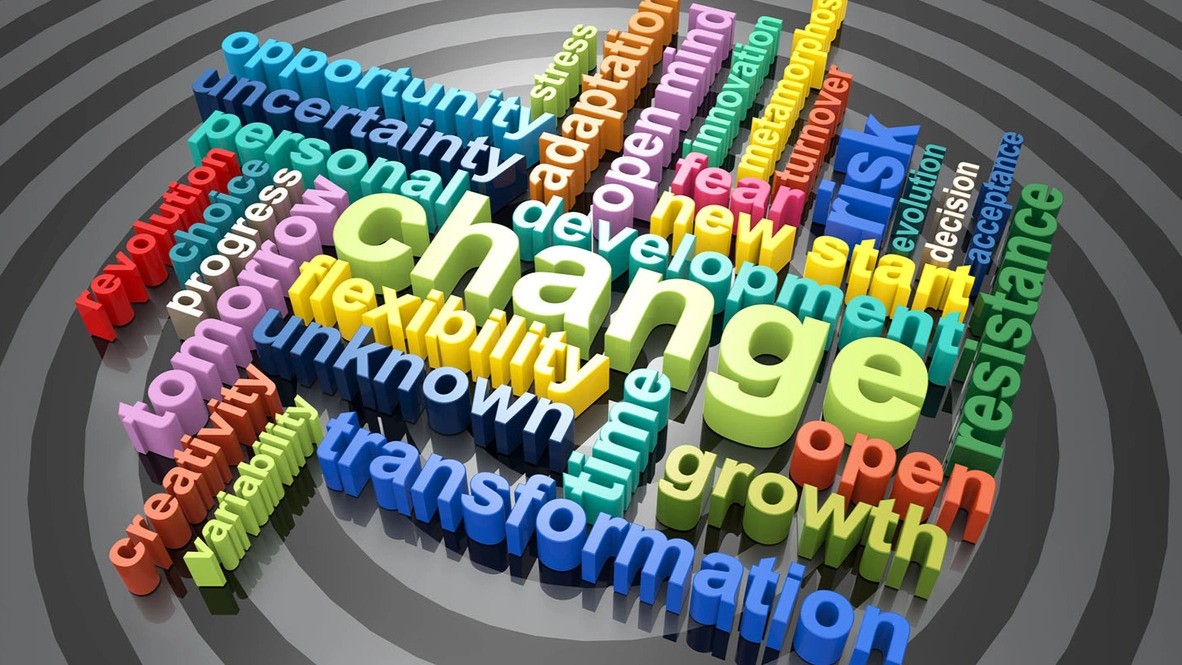Human nature is a paradox of permanence and possibility. While certain tendencies and inclinations may seem innate, humans are uniquely endowed with the ability to reflect, choose, and evolve. This capacity for change and growth is both a gift and a responsibility, shaping not only individual lives but also the societies we build together.
The Inherent Potential for Change
At the core of every human being lies the potential for transformation. Unlike other creatures driven predominantly by instinct, humans possess the cognitive ability to question their actions, reflect on their choices, and redefine their paths. This adaptability is the foundation of progress, allowing us to overcome challenges, learn from mistakes, and aspire to higher ideals.
However, this potential often remains untapped. Fear of the unknown, societal pressures, and entrenched habits can act as barriers to growth. Recognizing these obstacles is the first step toward unlocking the vast reservoir of human potential.
Choice: The Catalyst of Growth
Every moment presents a choice. From mundane daily decisions to life-altering commitments, these choices collectively shape who we are. Yet, the power of choice is often underestimated. Many of us operate on autopilot, influenced by external factors rather than conscious intent.
Cultivating awareness and intention in decision-making is crucial. It requires pausing, reflecting, and aligning our actions with our values and aspirations. When individuals take ownership of their choices, they not only transform their own lives but also contribute to the betterment of their communities.
Self-awareness is not merely introspection; it is a tool for growth. When individuals understand their strengths and limitations, they become better equipped to navigate life’s challenges. This personal clarity also fosters empathy and cooperation, essential traits for building stronger, more harmonious communities. As each person becomes more attuned to their internal world, they contribute to a collective environment where growth and understanding thrive.
Growth Through Reflection and Resilience
Growth is rarely linear. It involves setbacks, struggles, and moments of doubt. Yet, it is through these very challenges that we gain strength and wisdom. Reflection plays a vital role in this process. By examining our experiences, we glean insights that guide future actions and decisions.
Resilience, the ability to adapt and thrive in the face of adversity, is another cornerstone of growth. It is not about avoiding difficulties but about facing them with courage and learning from them. Resilient individuals inspire those around them, creating ripples of positivity and progress.
Change is inevitable, yet it often meets resistance. Resilience, the ability to adapt and thrive in the face of adversity, is a critical component of human growth. It is not about avoiding challenges but embracing them as opportunities for learning and transformation.
Building resilience requires cultivating a mindset that views failure as a stepping stone rather than a barrier. This perspective enables individuals to recover from setbacks and emerge stronger. Practices such as mindfulness, gratitude, and maintaining a support network are powerful tools for enhancing resilience.
On a societal level, resilience manifests as the capacity to address systemic issues with creativity and determination. Whether tackling climate change, inequality, or public health crises, resilient societies leverage collective ingenuity and collaboration to overcome obstacles. When individuals strengthen their inner resilience, they contribute to the broader capacity of humanity to adapt and grow.
The Interplay of Individual and Collective Growth
While personal growth is a deeply individual journey, it is intrinsically linked to collective progress. Societies thrive when their members are empowered to realize their potential. Conversely, societal structures and norms play a significant role in shaping individual behavior and opportunities.
Educational institutions, workplaces, and families are some of the key arenas where this interplay unfolds. By fostering environments that encourage curiosity, creativity, and compassion, we can create a culture of growth that benefits all.
Toward a Better Future
The journey of human growth is endless, marked by new challenges and opportunities at every turn. By embracing our capacity for choice, change, and growth, we can navigate this journey with purpose and hope. In doing so, we not only elevate ourselves but also contribute to the collective aspiration for a better, more harmonious world.
The path forward is clear: nurture the inherent potential within every individual, create systems that support growth, and recognize that our choices today shape the future of generations to come. Let us choose wisely and grow together.
A Vision for Transformative Growth
To understand human nature is to recognize the profound capacity for choice, change, and growth that resides within each person. This understanding serves as a call to action—to embrace self-awareness, cultivate resilience, and make choices that contribute to a better world.
Transformative growth is not a solitary journey; it is a collective endeavor. When individuals commit to their own development, they inspire and empower others to do the same. Together, humanity can navigate the complexities of modern life with compassion, creativity, and resolve, creating a future where both individuals and society flourish.
In the end, the question is not whether we can grow but whether we will choose to. By embracing our inherent adaptability and aligning our choices with a vision of collective well-being, we can unlock the full potential of human nature and embark on a path of enduring progress.








